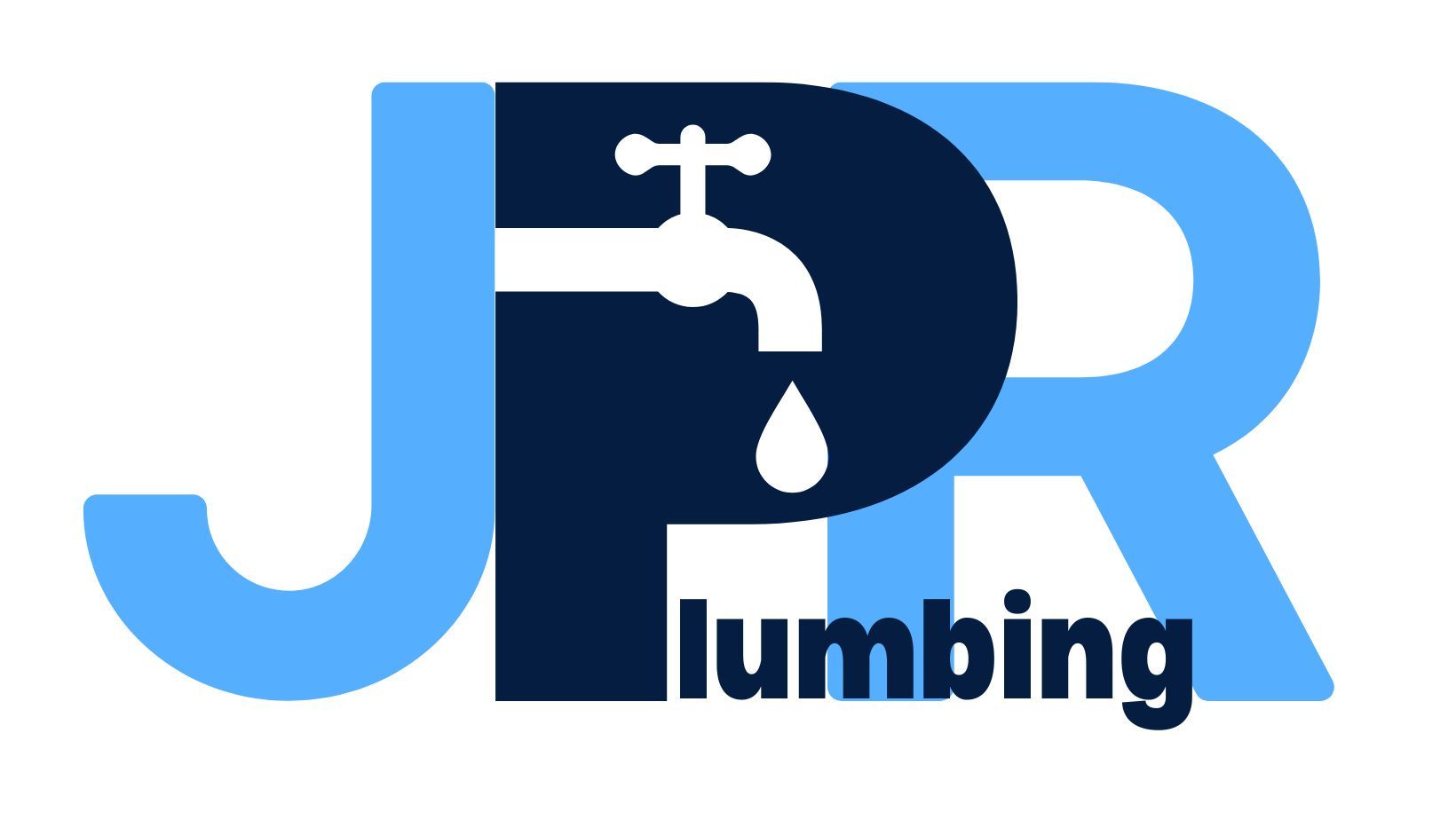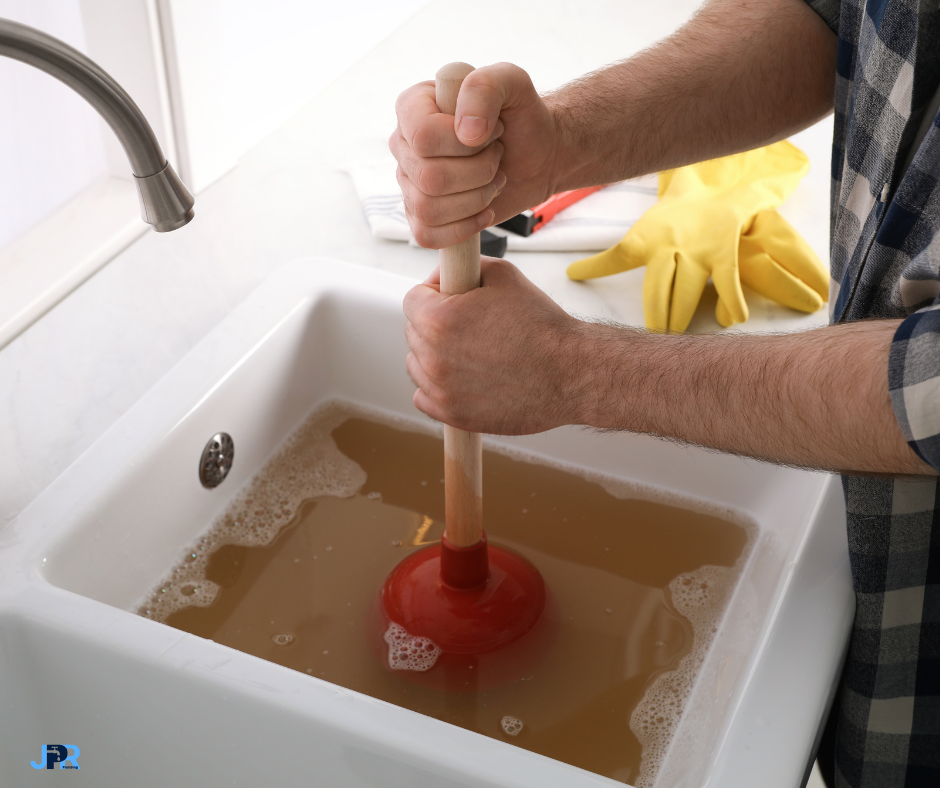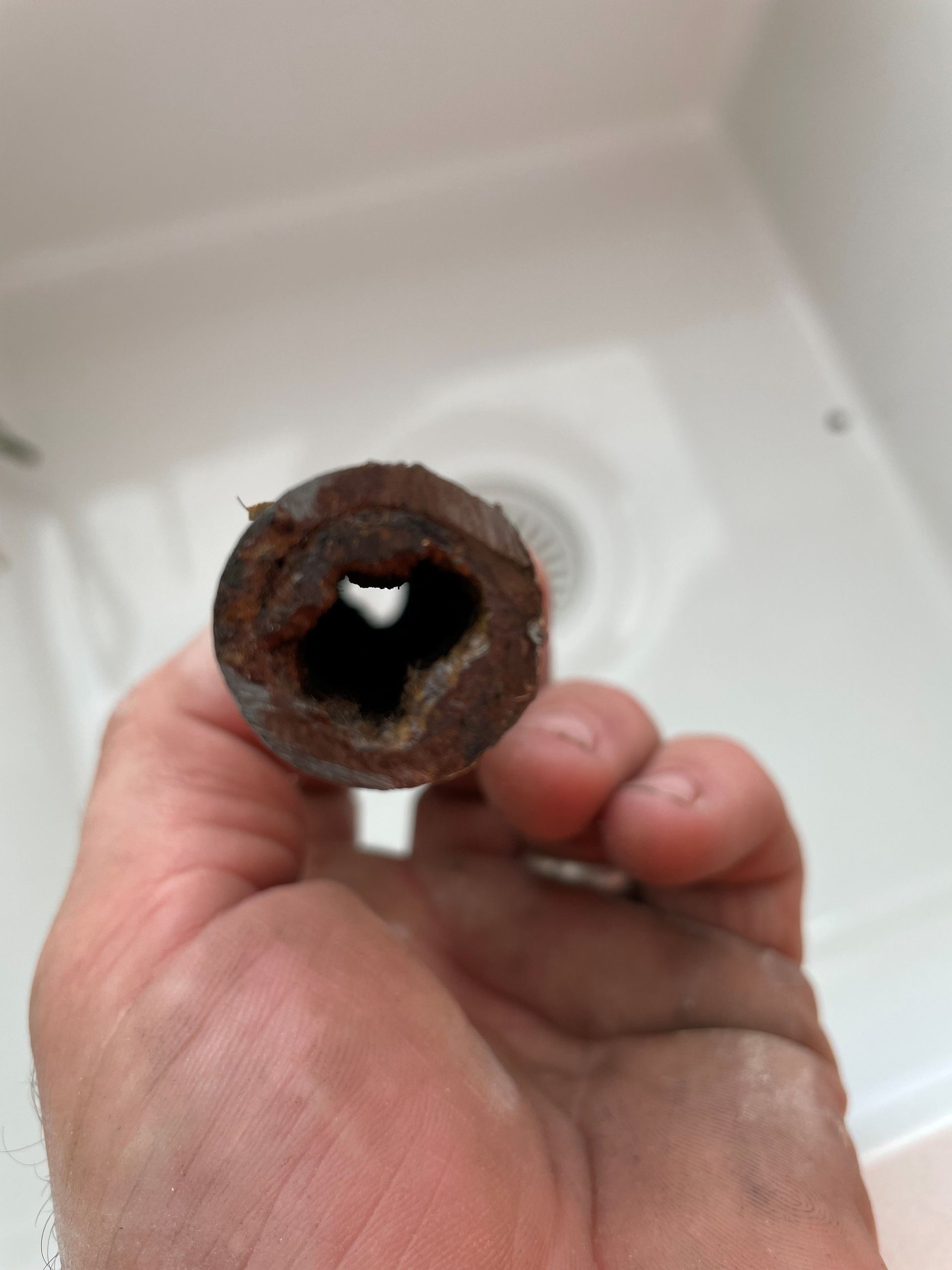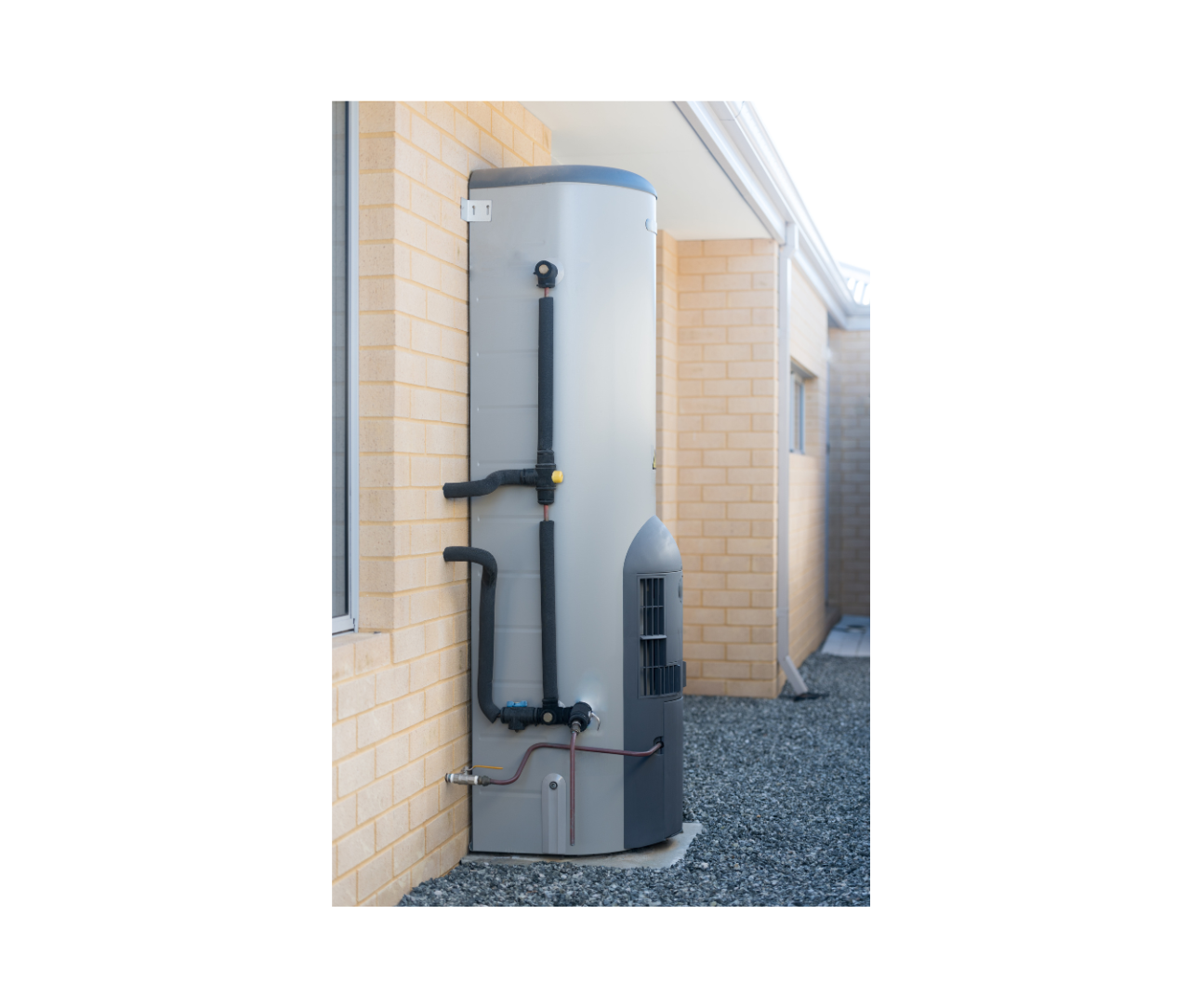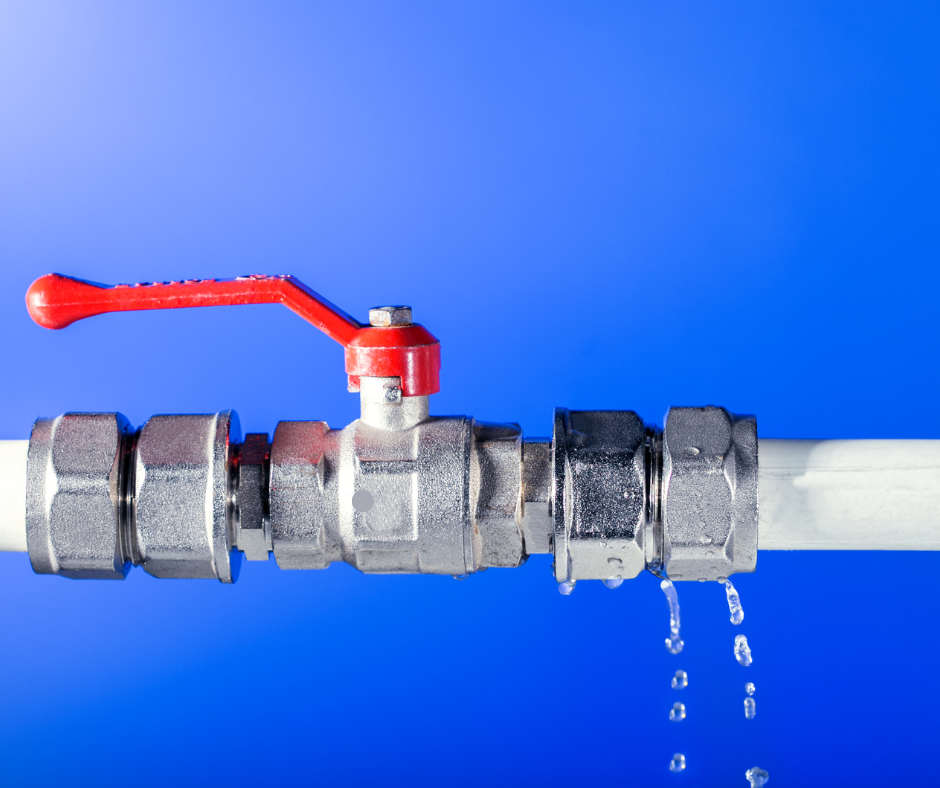Why Does My Drain Get Clogged?
JPR Plumbing • 31 August 2024
Understanding the Causes of Clogged Drains and How to Prevent Them
Drain blockages
are a common issue in many households, often causing frustration and inconvenience. But what exactly causes these blockages, and how can you prevent them? Understanding the root causes of clogged drains can help you take proactive steps to keep your plumbing running smoothly.
Common Causes of Drain Blockages
Hair Buildup: One of the most common culprits, especially in bathroom sinks and showers, is hair. Over time, hair can accumulate in the pipes, combining with soap scum and other debris, forming stubborn clogs.
Grease and Fat:
In kitchens, grease and fat are often to blame. When you pour grease down the drain, it may be liquid initially, but as it cools, it solidifies and sticks to the pipes. This can lead to significant blockages over time.
Soap Scum:
Soap might seem harmless, but it can build up over time, especially when combined with hard water. This accumulation can narrow the pipes and eventually cause a clog.
Food Waste: Even if you have a garbage disposal, not all food waste should go down the drain. Coffee grounds, eggshells, and fibrous vegetables like celery can cause
pipe blockages.
Foreign Objects:
Sometimes, items that shouldn't be flushed or washed down the drain find their way into your plumbing. This includes things like baby wipes, sanitary products, ear buds, or even small toys that children might flush down the toilet.
Tree Roots:
In some cases, the issue isn't inside your home at all. Tree roots can invade underground pipes, causing blockages and even damaging the pipes themselves.
Preventing Drain Clogs
The best way to avoid the hassle of a blocked drain
is to prevent it from happening in the first place. Here are some tips:
Use Drain Covers:
Install drain covers to catch hair, food particles, and other debris before they go down the drain.
Dispose of Grease Properly: Instead of pouring grease down the drain, allow it to cool and then dispose of it in the trash.
Be Careful with What You Flush: Only flush toilet paper and human waste. Anything else should go in the rubbish bin.
Regular Maintenance:
Consider scheduling regular plumbing inspections
to catch potential problems before they become major issues.
What to Do if Your Drain is Already Clogged
If you're dealing with a blocked drain, there are a few steps you can take before calling a plumber. Start with a plunger, or use a mixture of baking soda and vinegar to try and break up the clog. If these methods don’t work, it might be time to contact a professional.
For Brisbane residents with persistent or severe clogs, it's best to reach out to a licensed plumber. At JPR Plumbing, we specialise in
clearing blocked drains and can provide fast, effective solutions to get your plumbing back in working order. Don’t let a clogged drain disrupt your day—give us a call and let us handle the dirty work!
Contact Us
Thank you for contacting us.
We will get back to you as soon as possible.
We will get back to you as soon as possible.
Oops, there was an error sending your message.
Please try again later.
Please try again later.
You might also like
Book a Service Today
Thank you for contacting us.
We will get back to you as soon as possible
We will get back to you as soon as possible
Oops, there was an error sending your message.
Please try again later
Please try again later
We are available via text, email or phone

Brisbane's leading professional plumbing service.
QBCC Licence: 15468483
Navigation
Services
Working hours
- Mon - Sun
- Open 24 hours
© 2025
All Rights Reserved | JPR Plumbing
